As practitioners of Craniosacral Therapy, we often find it a struggle to describe what it is that we do as we work with our clients. It is even harder to try and explain how so much change can occur through just placing your hands on the body and waiting to see what happens. This is indeed mysterious and transformative work, and often feels truly alchemical.
In early 2014 Daska and I sat down to write about how we view our work and to describe how strongly the feminine principle impacts and influences our practice. An early motivation was the fact that very few women have been published in our field despite so many practitioners being female. Daska has a lifelong love of mythology, and I had attended a workshop which used the Hero’s Journey as an inspiration for writing stories and novels. We believe that all ancient stories and myths echo not only the amazing and tortuous odyssey of life as a whole but also the smaller journeys that we travel in a lifetime. Our aim was to find a way to draw together the strands of our convictions in a meaningful way and illustrate the pathway towards better overall health that is sometimes experienced through a series of treatment sessions. Our own experience has taught us that we should also describe the challenges that present themselves for those involved. In a therapeutic relationship a client and her practitioner go through a complex process as they work together and we wanted to make it clear that it is not always plain sailing, even though the benefits are ultimately impressive. We were clear that what we were saying didn’t only apply to our own therapies, Craniosacral Therapy and Alexander Technique, but to everybody who practices some form of bodywork, and indeed to all the healing professions, both conventional and alternative. Being with someone in a therapeutic relationship requires, above all, feminine instincts for listening and waiting, coupled with an understanding that naming and treating a disease is less important than attempting to understand and value the person who is suffering it. These skills are feminine and intuitive in nature and recognise that both physical and emotional problems respond better where there is an empathic interaction between client and therapist. There is more chance of a successful and long-lasting outcome where that connection exists.
Liz Kalinowska
June 2016

April 29, 2024 at 9:17 am
q4bgi2
April 21, 2025 at 9:58 am
5f0pht
April 23, 2025 at 9:00 am
3ks2fy